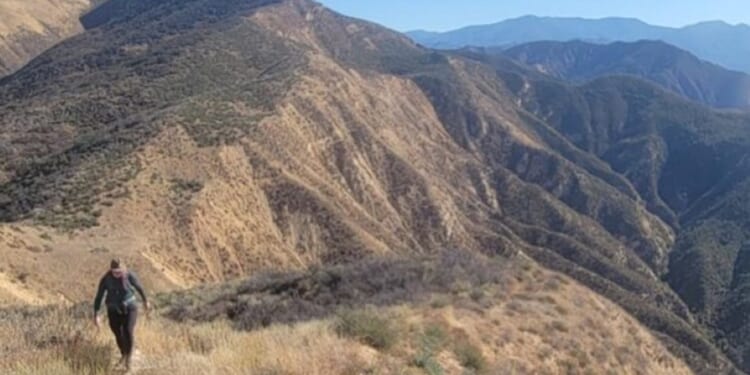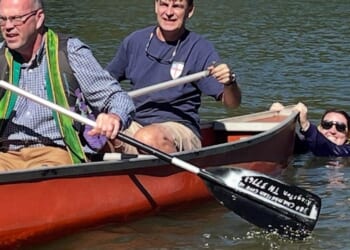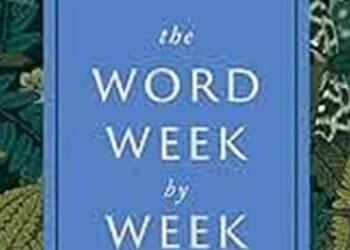MILLIONS of acres of wild and roadless land in the United States are protected by a regulation that could now be rescinded after the Trump administration held a consultation. Church communities are among the opponents of a change.
Since 2001, the Roadless Rule has prevented the building of roads in some of the wildest areas of the country, including parts of Alaska and California. It protects 58 million acres of land from development and industries such as logging.
But the administration has argued that the rule prevents fire services from suppressing wildfires, and a three-week consultation was held. The Agriculture Secretary, Brooke Rollins, said that it was a step towards “common-sense management of our forest lands” and would remove a regulation that “stifles economic growth in rural America”.
Amanda Sparkman, who attends All Saints-by-the-Sea Episcopal Church in Montecito, California, said that rescinding the rule would damage biodiversity, and that more human activity would bring a greater fire risk. Her church community is near the Los Padres National Forest, much of which is currently protected.
“There’s so much science that shows what a bad idea this is,” she told the Episcopal News Service. “This is a pretty big deal if we profess to be people of God and care about his creation.”
The Bishop of Los Angeles, the Rt Revd John H. Taylor, said that he was “deeply concerned” about the proposal.
In Washington State, near the Canadian border, members of the congregation at St Paul’s Episcopal Church are also speaking out against it. One, Rick Eggerth, said: “The potential impact on those lands would be significant.” He expressed fear that the motivation for lifting the law was to allow access to logging and extractive industries.
In all, 600,000 public comments have been received, more than 99 per cent of which support retaining the rule, according to analysis by the Center for Western Priorities.
The Wilderness Society, Earthjustice, the Natural Resources Defense Council, the Alaska Wilderness League, and other conservation groups issued a joint statement, which said in part: “Allowing the destruction of these lands would increase wildfire risk, pollute clean drinking water, deprive people of healthy outdoor recreation opportunities, jeopardize small businesses, and threaten the survival of thousands of species. The Roadless Rule must remain intact. These lands must remain protected for the American public — today, and for future generations.”

















